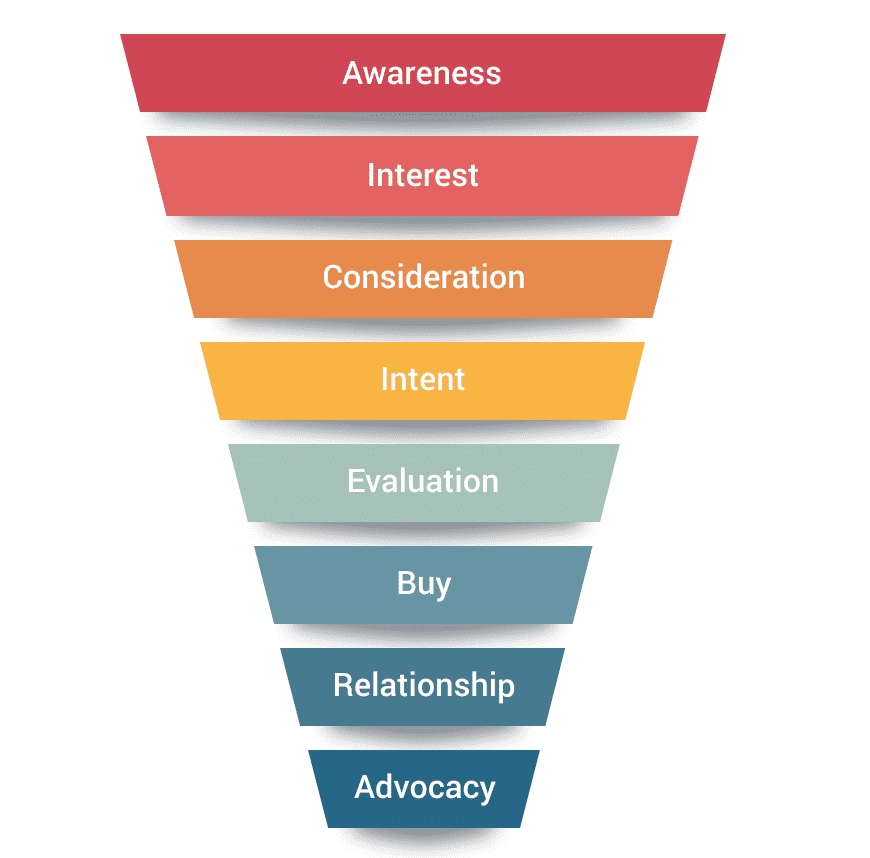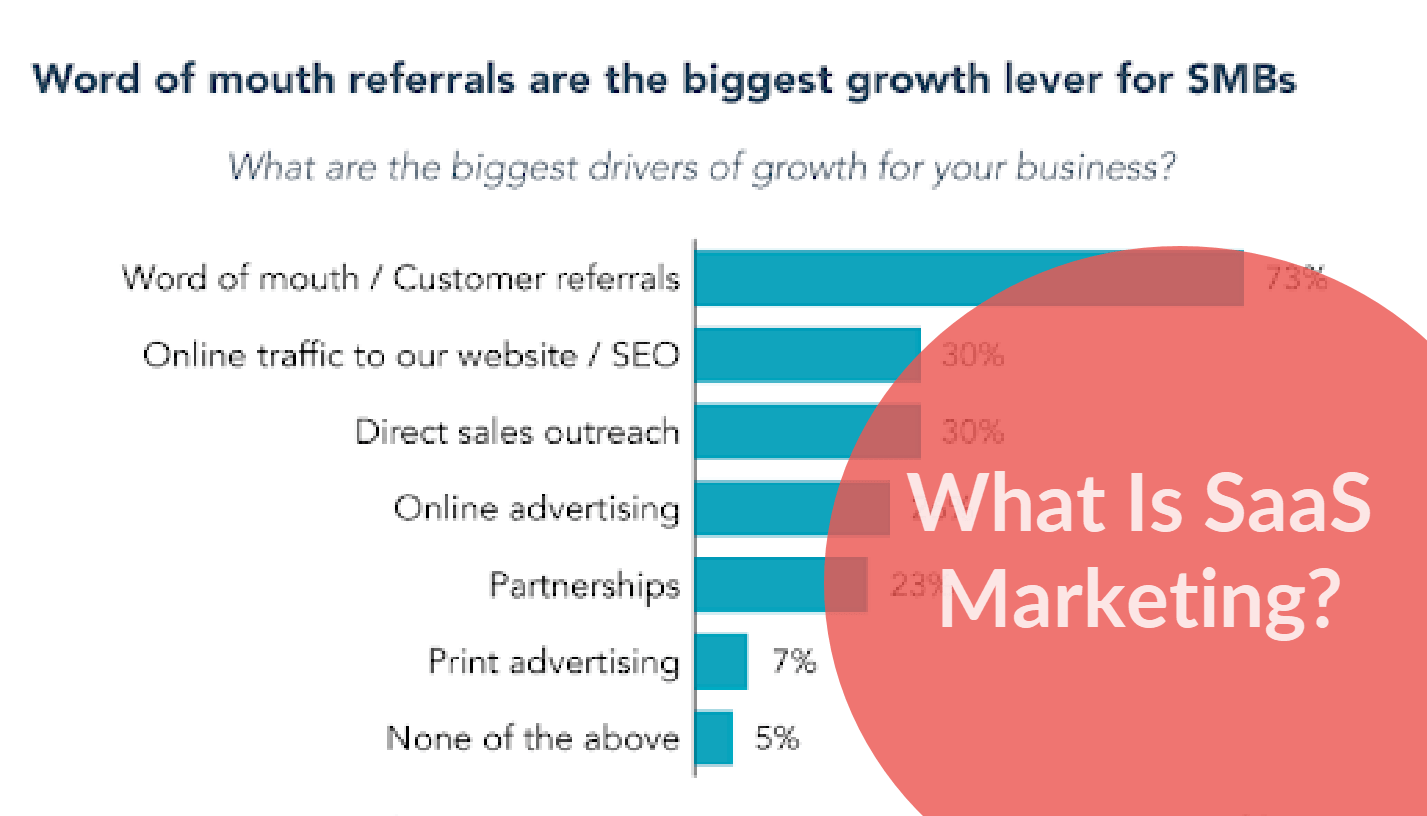The Role of SaaS Marketing Agencies
- Strategic Planning: SaaS marketing agencies work closely with SaaS companies to develop comprehensive marketing strategies. They assess market trends, analyze competition, and define target audiences to create tailored plans for each client.
- Content Creation: Content is king in the digital world. These agencies produce high-quality, relevant content to engage and educate potential customers. This content may include blog posts, eBooks, whitepapers, videos, infographics, and more.
- Digital Advertising: SaaS marketing agencies leverage paid advertising channels like Google Ads and social media advertising to reach a wider audience. They optimize ad campaigns to maximize ROI.
- SEO and Visibility: Search engine optimization is a crucial aspect of SaaS marketing. Agencies optimize websites to rank higher in search engine results, increasing organic traffic.
- Analytics and Reporting: These agencies use data analytics to track campaign performance, providing valuable insights that inform future marketing efforts. They continuously refine strategies based on data-driven decisions.

Challenges and Opportunities in SaaS Marketing
- Intense Competition: The SaaS industry is highly competitive, with new entrants constantly emerging. SaaS marketing agencies help clients stand out in a crowded marketplace by crafting unique value propositions.
- Educational Content: SaaS products often require explanation and education. Agencies create informative content that simplifies complex concepts, making it easier for potential customers to understand the value of the software.
- Customer Retention: SaaS companies rely on subscription models, making customer retention crucial. Agencies develop strategies to reduce churn rates and increase customer loyalty.
- Scalability: As SaaS companies grow, they need to scale their marketing efforts efficiently. Agencies facilitate expansion into new markets and demographics.
Assessing Your SaaS Marketing Needs: A Crucial Step Towards Success
Effective marketing is at the heart of a successful SaaS company. However, before diving into marketing strategies, it’s crucial to conduct a comprehensive self-assessment to understand your SaaS company’s goals, target audience, and marketing budget. This critical step lays the foundation for a tailored and successful marketing approach. Below, we’ll explore the importance of self-assessment and provide a checklist of key questions to help you evaluate your marketing requirements.

The Importance of Self-Assessment
- Defining Clear Goals: Self-assessment allows you to set clear and achievable marketing goals. Whether your objective is to increase brand awareness, generate leads, boost conversion rates, or reduce customer churn, having well-defined goals is essential.
- Understanding Your Audience: Every SaaS product or service caters to a specific target audience. Self-assessment helps you identify your ideal customer profile, allowing you to tailor marketing strategies to their needs, pain points, and preferences.
- Budget Allocation: Determining your marketing budget is a crucial aspect of self-assessment. It ensures that you allocate resources wisely and set realistic expectations for your marketing efforts.
Key Questions for Self-Assessment
To help you assess your SaaS marketing needs effectively, here’s a checklist of key questions:
- What Are Your Business Goals?
- What specific outcomes are you aiming to achieve through marketing efforts (e.g., revenue growth, customer retention, market expansion)?
- Who Is Your Target Audience?
- Who are your ideal customers, and what are their demographics, interests, and pain points?
- Have you created detailed buyer personas to guide your marketing efforts?
- What Is Your Unique Selling Proposition (USP)?
- What sets your SaaS product apart from competitors?
- How does your solution address specific pain points or offer unique benefits?
- What Is Your Marketing Budget?
- How much can you allocate to marketing activities without compromising other essential aspects of your business?
- Have you considered both short-term and long-term budgeting?
- What Are Your Current Marketing Channels and Strategies?
- Which marketing channels (e.g., content marketing, email marketing, paid advertising) are you currently utilizing?
- What has been the performance of these channels, and which ones require optimization or adjustment?
- What Is Your Customer Acquisition Cost (CAC) and Customer Lifetime Value (CLV)?
- Do you know the cost of acquiring a new customer, and how does it compare to the value that a customer brings over their lifetime?
- Do You Have Measurable Key Performance Indicators (KPIs)?
- Have you established specific KPIs to track the success of your marketing efforts (e.g., conversion rates, click-through rates, customer retention rates)?
- What Is Your Timeline for Achieving Marketing Goals?
- Have you set realistic timelines for reaching your marketing objectives?
- Are there any seasonal factors or external events that may impact your marketing strategy?
Defining Your Selection Criteria: Choosing the Right SaaS Marketing Agency
Selecting the ideal SaaS marketing agency is a pivotal decision that can significantly impact your company’s growth and success. To make an informed choice, it’s crucial to establish clear selection criteria. This involves considering various factors, including industry expertise, track record, services offered, and cultural alignment with your company. In this discussion, we’ll delve into these selection criteria and highlight their significance in choosing the right SaaS marketing agency.

Factors to Consider When Choosing a SaaS Marketing Agency
- Industry Expertise:
- Why it matters: SaaS marketing is highly specialized. An agency with industry expertise is familiar with the unique challenges, trends, and customer behaviors specific to SaaS.
- What to look for: Ensure the agency has a proven track record of working with SaaS companies similar to yours and can demonstrate a deep understanding of your industry.
- Track Record and Case Studies:
- Why it matters: Past performance is a strong indicator of future success. An agency with a successful track record is more likely to deliver results.
- What to look for: Request case studies and references to assess the agency’s ability to drive measurable outcomes, such as increased lead generation or improved conversion rates.
- Services Offered:
- Why it matters: The services an agency offers should align with your specific marketing needs and goals.
- What to look for: Determine whether the agency provides a comprehensive suite of services, including content marketing, SEO, paid advertising, email marketing, and social media management. Their service offerings should match your requirements.
- Customization and Flexibility:
- Why it matters: Every SaaS company is unique. An agency’s ability to tailor its strategies to your company’s specific needs is crucial.
- What to look for: Inquire about the agency’s approach to customization and its willingness to adapt strategies as your goals evolve.
Cultural Alignment with Your Company
While technical competence is essential, cultural alignment should not be underestimated. The agency you choose will become an extension of your team, and shared values and culture can enhance collaboration and results.
- Values Alignment:
- Why it matters: Companies often have core values that drive their mission and culture. Aligning with an agency that shares these values can lead to a more harmonious partnership.
- What to look for: Discuss your company’s values and expectations with the agency, and ask how they align with their own principles.
- Communication and Transparency:
- Why it matters: Effective communication is vital in a successful agency-client relationship. Transparency in reporting, decision-making, and problem-solving is key.
- What to look for: Evaluate the agency’s communication style, responsiveness, and willingness to keep you informed about progress and challenges.
- Team Dynamics:
- Why it matters: Consider how well the agency’s team fits with your company culture. A cohesive partnership can lead to better collaboration and results.
- What to look for: Arrange meetings or interviews with key members of the agency team to assess their professionalism, communication skills, and alignment with your company culture.
Researching and Shortlisting Agencies: Finding the Right SaaS Marketing Partner
The process of selecting the perfect SaaS marketing agency for your business involves diligent research and strategic shortlisting. In this segment, we’ll guide you through the steps of finding SaaS marketing agencies through various channels, including online searches, referrals, and industry directories. We’ll also emphasize the critical importance of creating a shortlist based on your predefined selection criteria.

1. Online Searches
Why Online Searches Matter:
- Conducting online searches is often the first step in identifying potential SaaS marketing agencies. The internet is a vast resource for discovering agencies that specialize in SaaS marketing.
How to Find Agencies Online:
- Use search engines like Google to perform keyword searches such as “SaaS marketing agency” or “SaaS digital marketing.”
- Explore industry-specific forums, blogs, and social media platforms where agencies may advertise their services.
- Visit agency websites and assess their portfolios, case studies, and client testimonials.
2. Referrals
Why Referrals Are Valuable:
- Referrals from colleagues, industry peers, or business partners can provide valuable insights and recommendations based on their first-hand experiences.
How to Seek Referrals:
- Reach out to your professional network, including fellow SaaS professionals, for recommendations.
- Attend industry events, conferences, or webinars where you can network with potential referrers.
- Engage in online communities and forums where SaaS marketers share their experiences and suggest agencies.
3. Industry Directories
Why Industry Directories Are Useful:
- Industry directories are curated lists of agencies, often categorized by specialization and expertise, making it easier to find SaaS marketing agencies that match your requirements.
How to Utilize Industry Directories:
- Explore industry-specific directories, such as those provided by SaaS associations, marketing organizations, or technology-focused websites.
- Filter agencies based on criteria like location, services offered, and client reviews to identify potential candidates.
Creating a Shortlist Based on Selection Criteria
Once you’ve gathered a list of potential SaaS marketing agencies through online searches, referrals, and industry directories, the next crucial step is to create a shortlist based on your predefined selection criteria. This process helps you narrow down your options to the agencies that align most closely with your needs and objectives. Here’s how to do it:
- Review Agency Profiles:
Examine the agency profiles, including their websites, case studies, and client testimonials, to assess their expertise, track record, and services offered. - Assess Industry Relevance:
Verify whether the agencies have experience working with SaaS companies similar to yours. Industry-specific expertise is a significant advantage. - Check References:
Contact references provided by the agencies to gain insights into their past performance and client satisfaction. - Align with Your Budget:
Consider whether the agencies’ pricing aligns with your marketing budget. Agencies may have different pricing structures, so ensure it’s feasible for your business. - Evaluate Cultural Fit:
Evaluate how well the agency aligns with your company culture and values. A cultural fit can lead to more effective collaboration. - Request Proposals or Consultations:
Reach out to the shortlisted agencies to request proposals or consultations. This step allows you to discuss your goals and assess their responsiveness and communication. - Prioritize Transparency:
Look for agencies that are transparent about their processes, reporting, and client communication. Transparency fosters trust and accountability.
